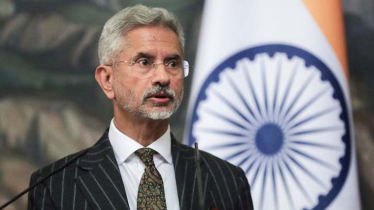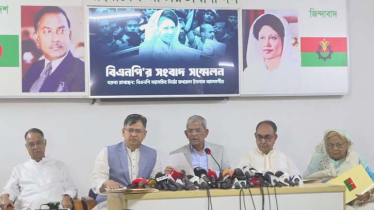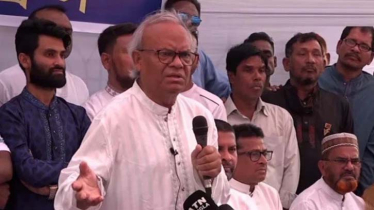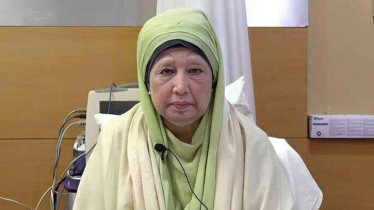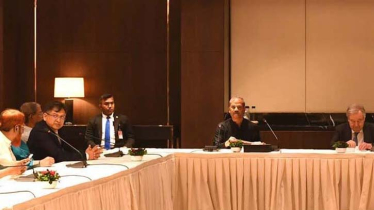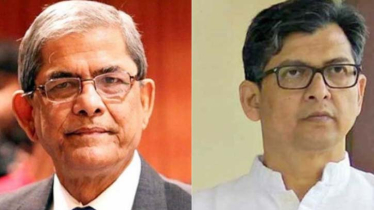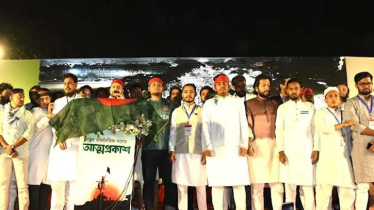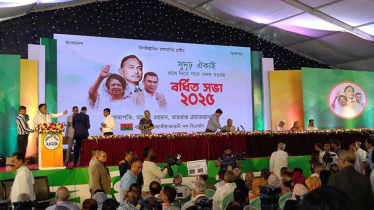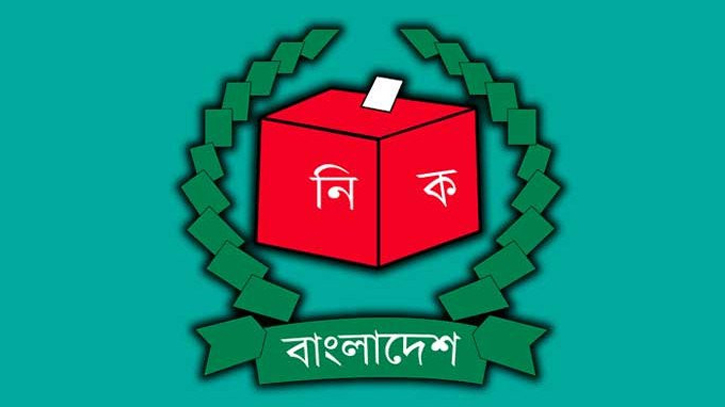
Photo : Collected
Most of the upazila chairmen in the country have taken their oaths. However, many of the chairmen who won in the final phase of the upazila elections have yet to be sworn in, but they are already active in their roles. In the 480 upazilas across the country, there is a noticeable distance between the elected chairmen and the local members of parliament. Consequently, these upazila chairmen are busy forming new alliances. There is also widespread factionalism among the supporters of MPs and upazila chairmen in these areas, leading to renewed divisions at the grassroots level.
The elections were held in 480 upazilas over five phases, starting on May 8 and concluding on June 10. Many of the winners from the final phase have not yet taken their oaths. The upazila chairmen who have been sworn in have already started working actively in their constituencies. Those who have not yet taken their oaths are also working on establishing their own networks. It is reported that more than half of the upazila chairmen who won the elections are distanced from their local parliament members, resulting in the creation of new political circles.
Awami League leaders state that during the last parliamentary elections, the party allowed independent candidates to run alongside their own nominees. This strategy aimed to present the elections as participatory, especially since the BNP, another major political party, boycotted the elections. Party leaders claimed that this approach increased voter turnout. However, despite having official party nominees, many independent candidates succeeded, which exacerbated divisions at the grassroots level of the party.
Following this, the ruling Awami League did not use the party symbol in the upazila elections as a strategy to further emphasise participation. Essentially, the field was left open, allowing anyone to become a candidate. This situation intensified internal divisions within the party. Local members of parliament wanted to position their preferred candidates in the upazilas, but their demands were not met in many areas.
One such upazila is Satkhira Kalaroa upazila. The current Member of Parliament is Firoz Ahmed Swapan. Aminul Islam Laltu was elected as the chairman despite Swapan's request during the third phase of upazila elections on May 29. Laltu was also the upazila chairman in the previous term.
He told The Daily Messenger that he previously became the chairman by defeating the current MP Firoz Ahmed Swapan in the upazila elections, winning 72 out of 75 centers. This time, during the 12th National Assembly elections, Swapan received the boat ticket, and Laltu supported him during the polls. However, after Swapan became an MP, he nominated someone else against Laltu in the upazila election. Despite this, the people voted for Laltu.
Aminul Islam Laltu mentioned that the local parliament member serves as an advisor to the upazila parishad, and it is certain that the MP of his constituency will disrupt all the activities of the upazila. Swapan has already started suing Laltu's men.
There are many instances of upazila chairmen creating trouble with MPs by forming their own factions. Reports of MPs being assaulted by supporters of upazila chairmen are frequently appearing in the media. This has led to increasing divisions within the Awami League across the country.
Regarding this issue, Jashore-5 Manirampur Constituency Member of Parliament SM Yakub Ali told The Daily Messenger, "We will not go beyond the central guidelines. The one who won in the upazila belongs to the Awami League. There is no problem working with him. As an advisor to the Upazila Parishad, I would like everyone to develop their area together."
Acknowledging the truth of the reports that many upazila chairmen are causing trouble by not coordinating with MPs, he added, "If the development of the area is hindered or unrest is created due to someone's actions, that person is responsible." He expressed hope that the party's high command will surely address the matter.
Awami League organising secretary (Khulna Division) BM Mozammel Haque stated that Awami League is a large political party where differences are natural. However, he emphasised that he does not see any situation where there is a split or significant divide. He mentioned that regardless of any internal groupings or differences, everyone remains committed to Awami League. He further asserted that there is no division within Awami League under any circumstances.
Messenger/Fameema

